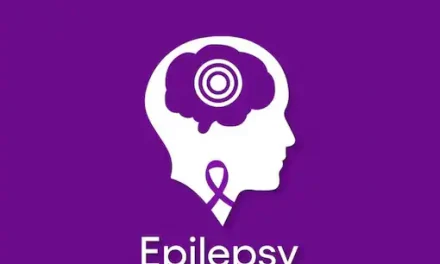New research from Finland sheds light on the complex interplay between socioeconomic status (SES) and genetics in disease risk. While lower SES has long been linked to a higher risk of certain diseases, a recent study reveals a surprising twist: it may also heighten genetic susceptibility to a wider range of illnesses.
The study, led by Dr. Fiona Hagenbeek of the University of Helsinki, analyzed data from nearly 280,000 Finnish individuals. By examining both genetic and socioeconomic factors, researchers found that individuals with lower educational attainment and occupational status displayed a greater genetic predisposition to various diseases. These included conditions like rheumatoid arthritis, lung cancer, depression, and type 2 diabetes, alongside the previously established link to cardiovascular disease.
The findings suggest that incorporating SES into personalized medicine models could significantly improve disease risk prediction. “Understanding that the impact of genetics on disease risk is context-dependent” says Dr. Hagenbeek, “may lead to further stratified screening protocols.” This means tailoring screening based on both genetic risk and socioeconomic factors. For instance, women with a high genetic risk for breast cancer and higher education might receive more frequent screenings compared to those with lower genetic risk and less education.
The study emphasizes the importance of considering both genetic and environmental factors when assessing disease risk. “Our genetic information does not change,” explains Dr. Hagenbeek, “but the impact of genetics on disease risk changes as we age or change our circumstances.”
The researchers acknowledge limitations, including the focus on European ancestry and the need for further exploration of specific educational and professional categories within SES. Additionally, they plan to compare results across biobanks in several countries to account for potential population variations.
Overall, this research paves the way for a more nuanced understanding of disease risk. By acknowledging the interplay between genetics and socioeconomic background, personalized medicine can become a more effective tool for promoting health and well-being across all populations.












